Experimenting with chemical photography

Hello everyone!
At last, I have free time to dedicate to writing posts again, and this time I want to tell you about my experience in the chemical photography laboratory.
I just finished my last semester in college, and I had one of the most liked courses of my entire career at the university called Chemical Photography.
So what is chemical photography?
They are all the chemical processes that are carried out inside a photographic laboratory or room of photography, they are the photographic revelations, the enlargements, the photograms, among others.
Part of these practices have been left behind by the advent of digital photography, but for those who have not experienced it, it is very exciting to have direct contact with the material, the photosensitive paper, and the chemists who, as if by magic, make the image.
Some of the processes that I put into practice are photograms, chemograms, and blueprints. All these arose totally from the experimentation. I could compare the experience of painting something abstract on a piece of paper when you let yourself go and just start creating something.
Photogram
It is a technique where an image is created without the use of a camera. It consists of placing objects on top of the photosensitive paper and exposing it to light. The shadow of the objects will be marked on the paper and the parts exposed to light will burn which will produce a stamp effect, just like when we wet an object in paint and we stamp it on paper. This process is also known as rayogram invented by Man Ray in 1922.

1 2 3
Chemogram
This experimental technique is best known as a pictorial technique since photography materials are used to create images without using a camera. This process can be carried out in a lighted environment as well. The results are similar to a painting, but they are made with chemicals such as photographic developer, photographic fixer and you can even experiment with other different materials.
 1 2 3
1 2 3Blueprint
This technique is the same as the photogram but with a blue dye as indicated by its name. The old process was done with some vapors and chemicals to reach the monochrome tone. The interesting thing about this technique is that it was perfected by Anna Atkins in 1843 when she published her botanical book which contained impressions of plants carried out with this technique, thus becoming the first female photographer in history.
 1 2 3
1 2 3

My experience with chemical photography
This is a selection of the photographs that I made.
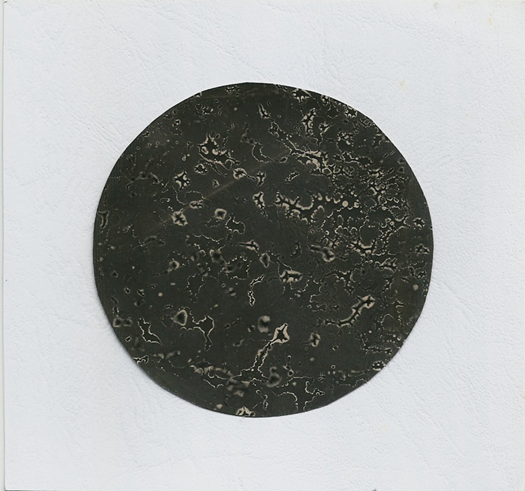
Photogram
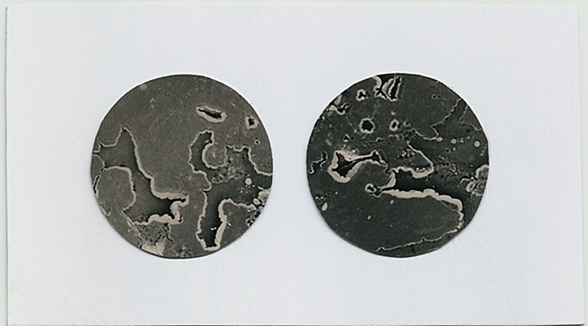
Photogram
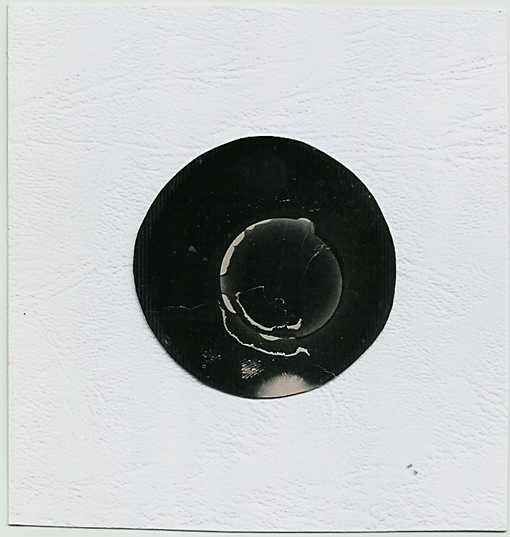
Photogram
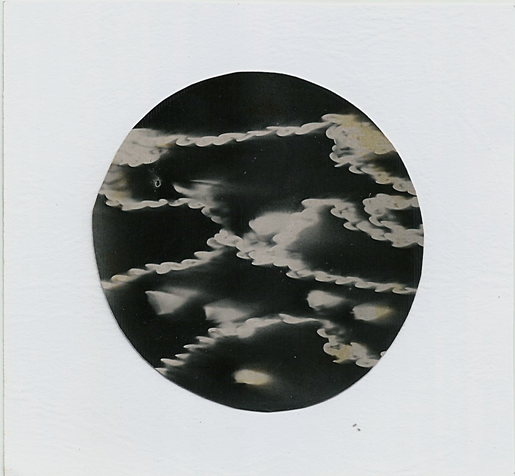
Photogram
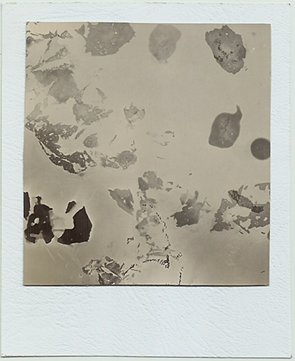
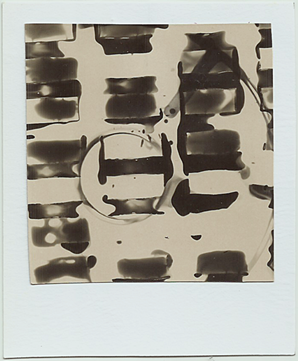
Chemograms
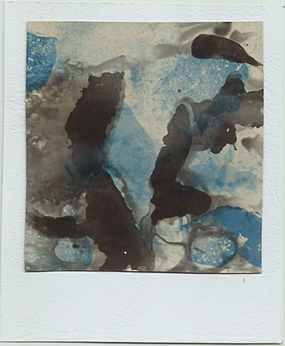
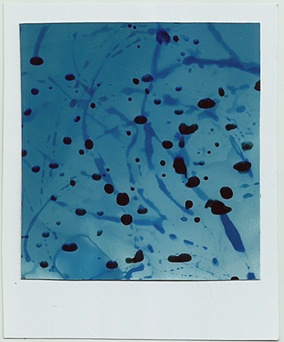
Chemograms and blueprints
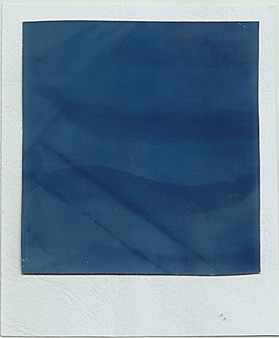
Blueprint

Twitter: https://www.twitter.com/ilhuna_/
Instagram: https://www.instagram.com/ilhunaphoto/
Behance: https://www.behance.net/ilhuna/
Pinterest: https://www.pinterest.com/ilhuna/
Wattpad: https://www.wattpad.com/user/ilhuna/
©2018 María Zerpa
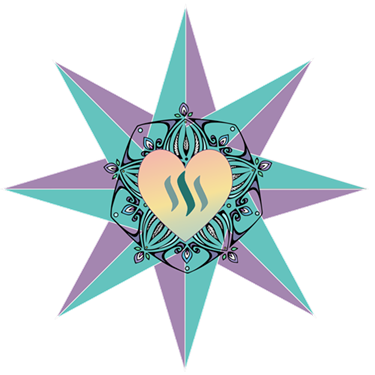
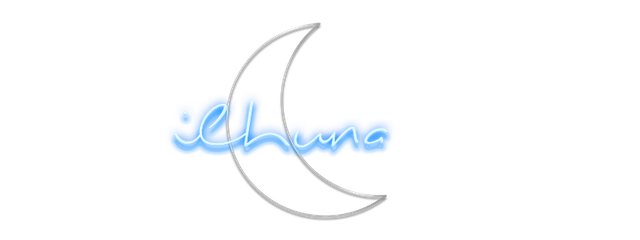
I never really seen this kind of things with photos, really cool 😉 and its such an art look.
Your pictures was amazing and I loved The one in blueprint. Really cool to se my friend!
Thank you for sharing and have a fantastic weekend 🤗💖🌹
New usage of some old artistic media. The results are interesting. Nice documentation.
There are some great images.
Thanks for sharing and keep the good work.
Have a nice day.
Posted using Partiko Android
This post was shared in the Curation Collective Discord community for curators, and upvoted and resteemed by the @c-squared community account after manual review.
@c-squared runs a community witness. Please consider using one of your witness votes on us here
Congratulations @ilhuna! You have completed the following achievement on the Steem blockchain and have been rewarded with new badge(s) :
You can view your badges on your Steem Board and compare to others on the Steem Ranking
If you no longer want to receive notifications, reply to this comment with the word
STOPVote for @Steemitboard as a witness to get one more award and increased upvotes!